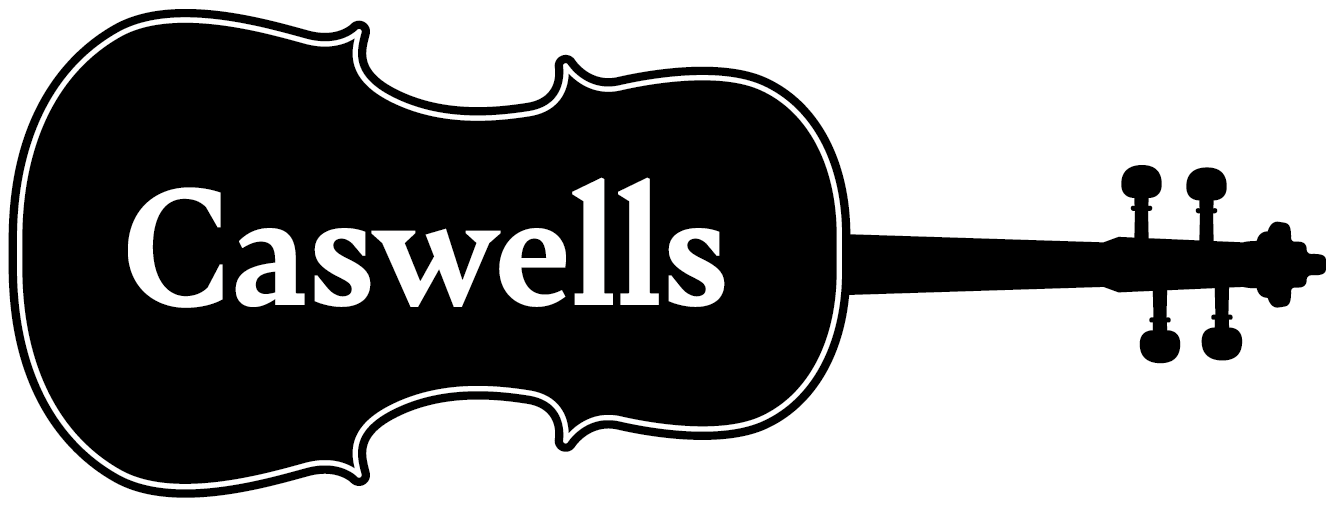Is your child learning the cello, or are you keen to get them playing? Maybe your child is already learning but has reached a plateau in their journey and you are in need of some guidance to help them along the way. We have written this article to help with the common question: how do I help and encourage my child to learn and enjoy an instrument?
Why is it a good idea for children to learn a musical instrument?
The advantages of music learning are great and numerous. A study put forward by the Frontiers in Neuroscience found that musical training in children most often leads to better verbal memory, more ease in language acquisition (and more accurate pronunciation in second languages) and higher reading and cognitive ability. They even found reason to believe that playing an instrument as a child can predict academic performance and IQ in adulthood.
More specifically, the cello is advantageous because it requires effort and determination, making it especially rewarding. On a physical level, the position that cellists adopt promotes good posture and upper body strength. And if that wasn’t enough, the smaller number of cellists when compared to other musicians makes the cello a unique, worthwhile instrument to learn and will allow your child to stand out and have sought after skills.
So, if you are tempted to search for an easier hobby for your child, don’t forget these valuable benefits as they will provide many advantages for years to come!

When is the best time to learn?
It is never too late to learn an instrument, it can be an ideal pastime in later life. However, like so many things in life; the earlier the better. When we are young, our brains are like sponges and so there are certain times in our lives when the windows of opportunity are greater. The message is clear: parents and educators should promote musical training in childhood for longer-lasting advantages.
What can you do to help your children to learn? How can you get your children interested?
There are a few things you can do as a parent (or teacher) to encourage your child to learn the cello:
- Playing in a group can encourage children to play. The cello can sometimes feel like a solitary instrument, so turn the instrument learning process into a socially positive experience too by finding groups and orchestras that your child could participate in.
- Similarly, if possible, attend a recital or an orchestral performance with your child. Sharing the interest with them is an effective way of supporting their learning and encouraging them further.
- Showing them inspirational or entertaining cello-related content and videos online can remind your child of their potential and of what they can achieve with the cello! You can find great videos such as:
- Learn with your child! Learning the instrument with your child is a fantastic way to provide encouragement. You can learn together, play together, and encourage each other. It sets a great example for your child as they see your determination and commitment. It will likely inspire them too. Plus, what a great way to spend time with your child!
- There is a huge variety of books to help your child learn the cello. They don’t have to be boring or too complicated. There are simple books for younger players who are just starting out such as the Abracadabra books, that have lots of cartoons and diagrams to help your child. If you want to revitalise their playing style or repertoire, then there are plenty of popular songbooks with well-known hits that they will be familiar with. There are great value books with a large number of songs to learn, like this 101 Popular Songs for Cello book which will be a pleasure for your child to play – and a pleasure for you to listen to!
- At Caswell’s we also stock books that come with instrumental play-along CDs such as this 12 Smash Hits Cello Play-Along book with current hits that your child is likely to know. CDs can really encourage children to play, as they will have something to listen to and aspire to. It is important that your child enjoys the music they play! Resist the urge to dictate musical preferences and allow them to be guided by their musical tastes.

The importance of good cello equipment
It is essential to provide your child with good quality materials in order to support their learning and make it more enjoyable. We cannot stress enough the importance of a high-quality bow to enable their playing. There are different bow qualities to take into consideration, including weight, balance and strength or flexibility. Codabow is a popular brand, with models like the Codabow Prodigy Bow providing professional performance factors with a less expensive price and the ease of bow that beginners often require. Naturally, however, different players will prefer different bows, so it is hard to recommend one over the other without trying it first.
At Caswell’s, we have one of the largest stock of fine cello bows in Europe. We recommend you to come in to see us for first-hand advice, but if you can’t make it to the store, we do offer an effective bow trial service where you can order up to 4 bows to try at home. The bows can be sent anywhere on the British Mainland and can be kept for 7 days, allowing you enough time to decide on the bow that will best complement your playing.
A good bow is nothing without good strings. The strings have a big effect on the sound made by the cello. Larsen strings are a popular choice for the affordable price and full sound they deliver. We have a large collection of strings that cater to all abilities with beginner strings for students and high-end brands for professionals. It is quite common to mix string brands to suit your sound and we realise it can be quite confusing, so if you need some advice on your stringed instrument, be sure to ask.
How to choose a suitable cello teacher
Just like the cello and all its equipment, you should find the right teacher for your child’s learning and playing style! Many schools have visiting cello teachers but it may be worth looking further afield if you are looking for a different teaching style.
When you find a new teacher, take the first lessons with them as a trial period and think of a few questions that you or your child can ask them so you can get a better idea of their teaching style and repertoire. It can be useful to know if they can help your child to prepare for ABRSM exams for example.
ABRSM is the world’s leading provider for music exams, recognised in over 90 countries, so we would recommend following their grade system if you want your child to have reputable cello qualifications. Plus, it creates goals and musical milestones for your child, as well as encouraging progress.
You can use our Find a Teacher Tool to help locate cello teachers local to you.
Where can you go for advice about helping your child start the cello?
There are plenty of online resources to help with the cello, try looking for video tutorials if your child has stuck with a particular arpeggio, harmonic or other playing technique. Try to make a note of any problems encountered in between lessons so that your child can take any issues they have to their teacher.
Alternatively, Caswell’s Strings is always happy to help if you need any technical advice. Feel free to come into our store in Brackley, where our friendly and experienced staff can help advise you on what cello, books, bow or strings are best for you based on your budget, playing style and ability! If you’re not able to pop in, don’t hesitate to get in touch with us.
If you have any further questions regarding purchasing or learning the cello or another instrument, email sales@caswellsstrings.com, or call 01280 707140 to speak to the Caswell’s team today. For in-store visits, our opening hours are: 8:00 am – 5:00 pm, Mon – Friday.




